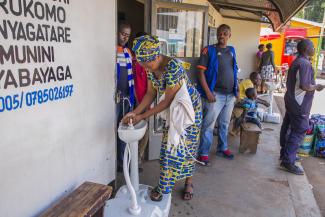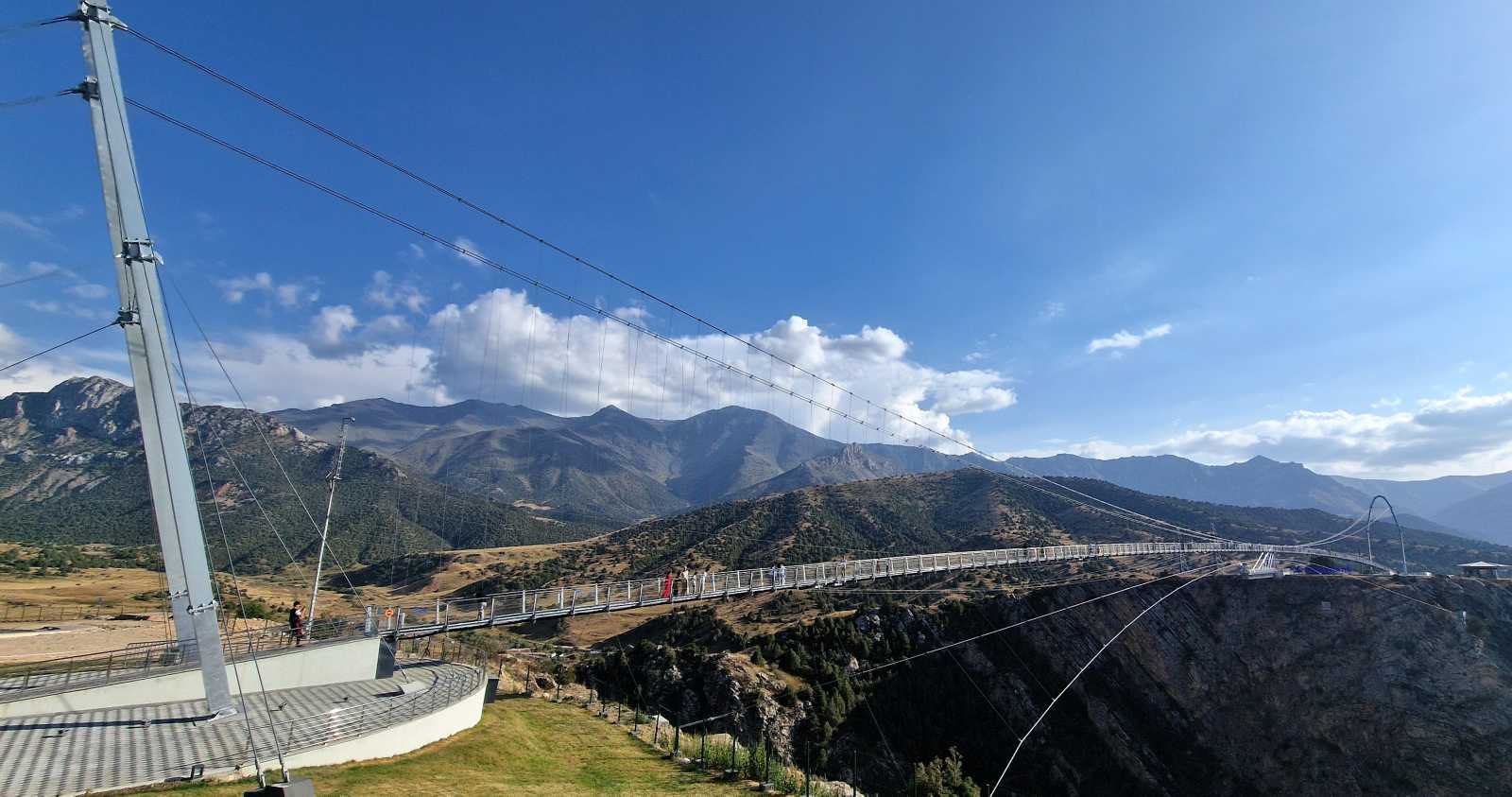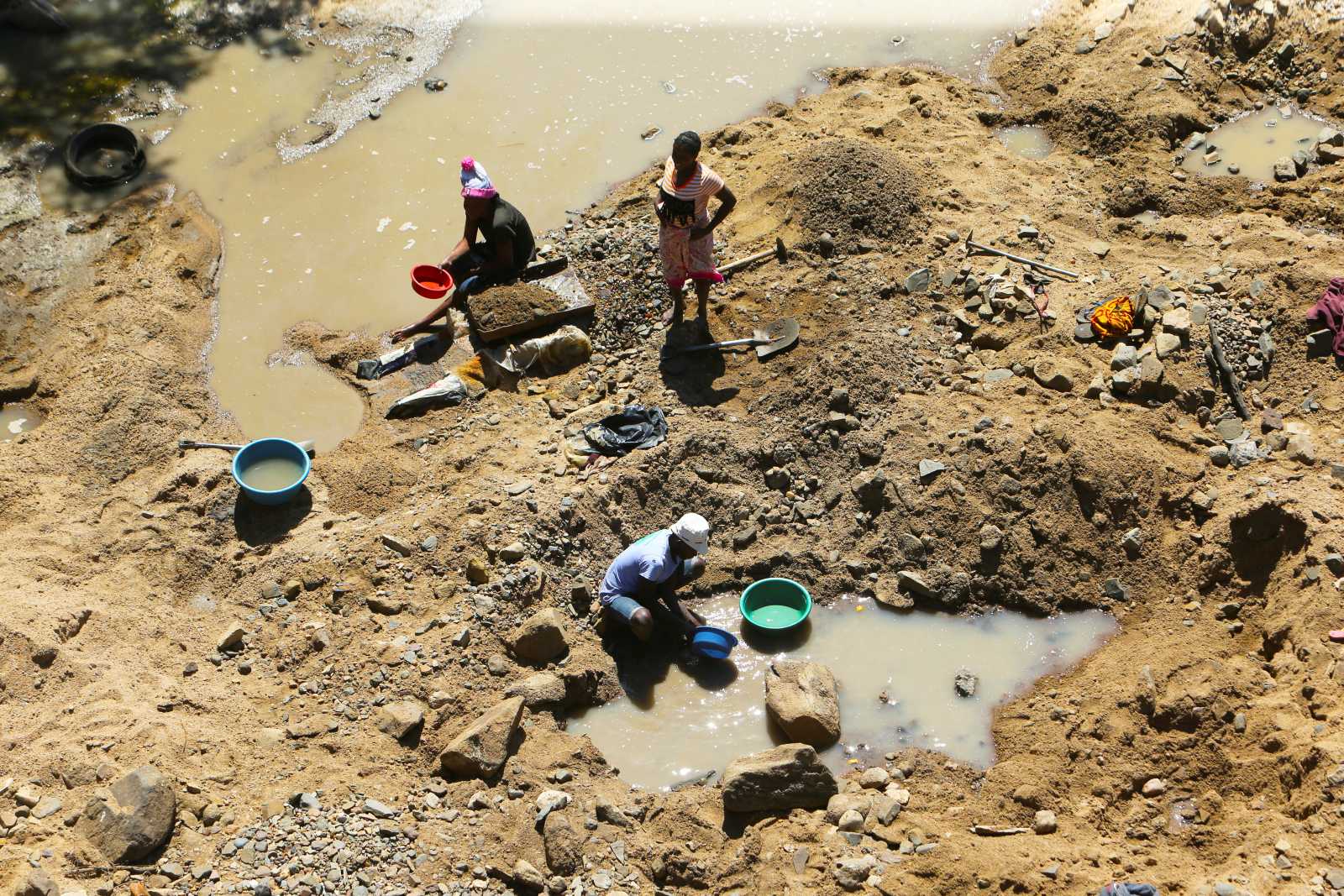Covid-19
African responses

This time the virus did not come from the bush. The starting point of the coronavirus pandemic that is currently spreading in Africa was the airports.
By the end of January 2020, some of the 5,000 African students enrolled in universities in Wuhan, China, had already returned to the continent and were isolated as a precautionary measure due to flu-like symptoms. Two weeks later, Egypt confirmed the first Covid-19 case.
By the end of March 2020, 46 out of 55 countries on the continent were affected. On 30 March, the front-runner was South Africa with 1187 cases, followed by the North African countries with respectively more or less 500 cases. It is no longer only travelers and returnees from Asia, Europe and North America who are spreading the virus. Many others are infected as well.
It can be assumed that the infection rates will continue to rise for some time. At the moment, the numbers are developing dynamically, but also very differently from country to country. Despite the rapidly increasing availability of diagnostic tools, many infections probably still go unnoticed. Tests are not available in the major cities, and not even in sufficient numbers there.
Jack Ma, the Chinese internet billionaire, donated one million test sets to the African Union (AU), and Ethiopian Airlines delivered them to affected countries. More testing will lead to more diagnosed cases. It is, however, not always clear whether published figures correspond to reality or are glossed over by governments.
Compared with other world regions, Africa is poorly equipped to treat the disease. Only a few countries, including Kenya, Nigeria and South Africa operate functioning isolation wards and, in normal times, have sufficient facilities for intensive care. That is true of North Africa too. In most African countries, however, health-care systems are always overburdened. These countries are in no way prepared for a mass outbreak of Covid-19 with rapidly increasing patient numbers.
Only two doctors per 10,000 inhabitants
About two thirds of African countries have less than two doctors per 10,000 inhabitants. For comparison: Italy, which is currently completely overloaded, has 41 per 10,000. Italy has about three hospital beds per 1,000 people. Most African countries have less than one.
Hoping for substantial foreign aid through medical teams in the short term is probably a risky assumption. It is true that a medical corps was established at European level under the impression of the Ebola epidemic that hit West and Central Africa in 2014. France, Italy and Germany, among others, agreed to send medical teams to developing countries affected by medical emergencies. However, it is precisely these three countries that are currently hardest hit and need most of their capacities to cope with their own coronavirus crisis. It should be noted, moreover, that foreign helpers initially represent an infection that should be controlled by two-week quarantines.
Africa must slow the spread of the disease if it cannot be completely stopped. Initially, responses to the pandemic aimed to prevent the virus from entering the country. Experience shows that it is essential to fast restrict infected persons’ mobility and physical contact with others. It makes sense to close shopping malls, centres of entertainment and other places where people tend to gather.
Almost all African countries initially closed their airports to commercial intercontinental flights. More than a third also closed their terrestrial borders. Those who arrived before the closure were usually told to go into self-quarantine at home or were isolated by the government in rented hotels. Government members cancelled their trips abroad. Governments closed also schools and universities. In late March, curfews were still rare, and so was the declaration of national emergencies.
Some countries, for instance Burkina Faso, have banned large gatherings of people. The country’s trade unions postponed protest marches.
Faith leaders have taken action too. The Archbishop of Lagos has banned the use of holy water and recommends disinfectants instead. The High Islamic Council of Algeria has welcomed Saudi Arabia’s closure of holy sites and cancelled pilgrimages to Mecca. After consulting their oracle, the Fâ, the priests of Vodun in Benin, recommend that trips to the hinterland should be avoided if possible.
Rwanda, innovative as usual, has installed mobile washbasins at bus stations and is telling passengers to wash their hands before boarding. Taxi drivers in Togo have been asked to equip themselves and their passengers with protective masks, which are hard to get however. They have also been admonished to keep passengers at a sufficient distance – on the back seat for example. The lists of regulations and guidelines are as varied as the countries of the continent. So far, there is no coordinated approach at continental or regional level.
Overall, however, African governments have responded fast. The continent has experience with Ebola, Lassa fever and HIV/AIDS, so people are in principle prepared to accept temporary limitations. Many people understand that handshakes and hugs should now be avoided. At the same time, there is a huge gap between the pithy decisions at the top and their implementation by inadequately equipped and insufficiently prepared agencies.
Limited scope for social distancing
Moreover, some rules are hard to follow. In far too many places, access to water and sanitation are limited. People depend on crowded minibuses. Motorcycle taxis sometimes carry up to four passengers. Informal workers – more than 90 % of the labour force in most countries – need their daily wages and cannot afford to stay at home because of mild flu symptoms. People on low incomes are unable to stock up on supplies. They must buy daily essentials in crowded markets. Citizens without health insurance only visit health facilities when they have serious health problems.
What impact the pandemic will have on Africa is impossible to say. On the upside, Africa has many young people and only a small share of aged people, who are especially affected by Covid-19. On the downside, other parameters of co-mortality are worrying. They include the prevalence of infectious diseases such as tuberculosis, which affects 2.5 million Africans each year and kills half a million.
The economic damage this global crisis will cause in Africa will be of a magnitude that can only be described in broad terms at present. The currently introduced measures to contain Covid-19 alone are estimated to amount to around $ 10 billion. Export revenues will drop, as commodity demand is reduced. Not only oil suppliers such as Nigeria, Angola and Algeria will experience falling foreign exchange earnings. Countries that export mineral and agricultural raw materials will be hit too, though gold and diamonds will prove exceptions. The AU estimates that average growth in Africa will halve to 1.8 % in 2020. That would be less than the population growth.
Sectors that have a major impact on the income and employment of poorer population groups will also suffer. Tourism has collapsed, and so has the trade in cut flowers and tropical fruits. Border closures reduce intra-regional trade. Transfer payments from migrants on whom entire families depend will fall significantly.
The United Nations has so far only called for humanitarian aid for Africa in order to increase the resistance of those affected. Relief efforts, including the provision of sanitation, diagnostic laboratories or mobile shelters for quarantine patients, should start as soon as possible. Because even if it is possible to “flatten the curve in Africa” and contain the pandemic, other illnesses must be treated once restrictions are lifted.
Measures to strengthen the economies of Africa should be envisaged. The debt of African countries, has risen sharply in recent years. To an unprecedented extent, private leaders are involved. Export and tax revenues will decline. Not one African nation has the resources to launch the kind of massive economic relief and stimulus programmes that EU members or the USA have recently adopted. The World Bank and International Monetary Fund are sending the right signals, but their scope for granting rather than lending money to countries in need is quite limited. The G20, following their digitised conference on 26 March, should launch a massive aid programme for Africa. A good start would be $ 100 billion dollars. That would be a mere 0.45 % of the 2.2 trillion the US Congress has approved for saving the US economy. So far, the G20 has only pledged $ 5 billion to stimulate the world economy.
Hans-Joachim Preuss heads the office of the Friedrich-Ebert-Foundation (FES) in Benin. The FES is close to Germany’s Social Democratic Party. He expressed his personal views in this essay.
rr@fes-benin.org







